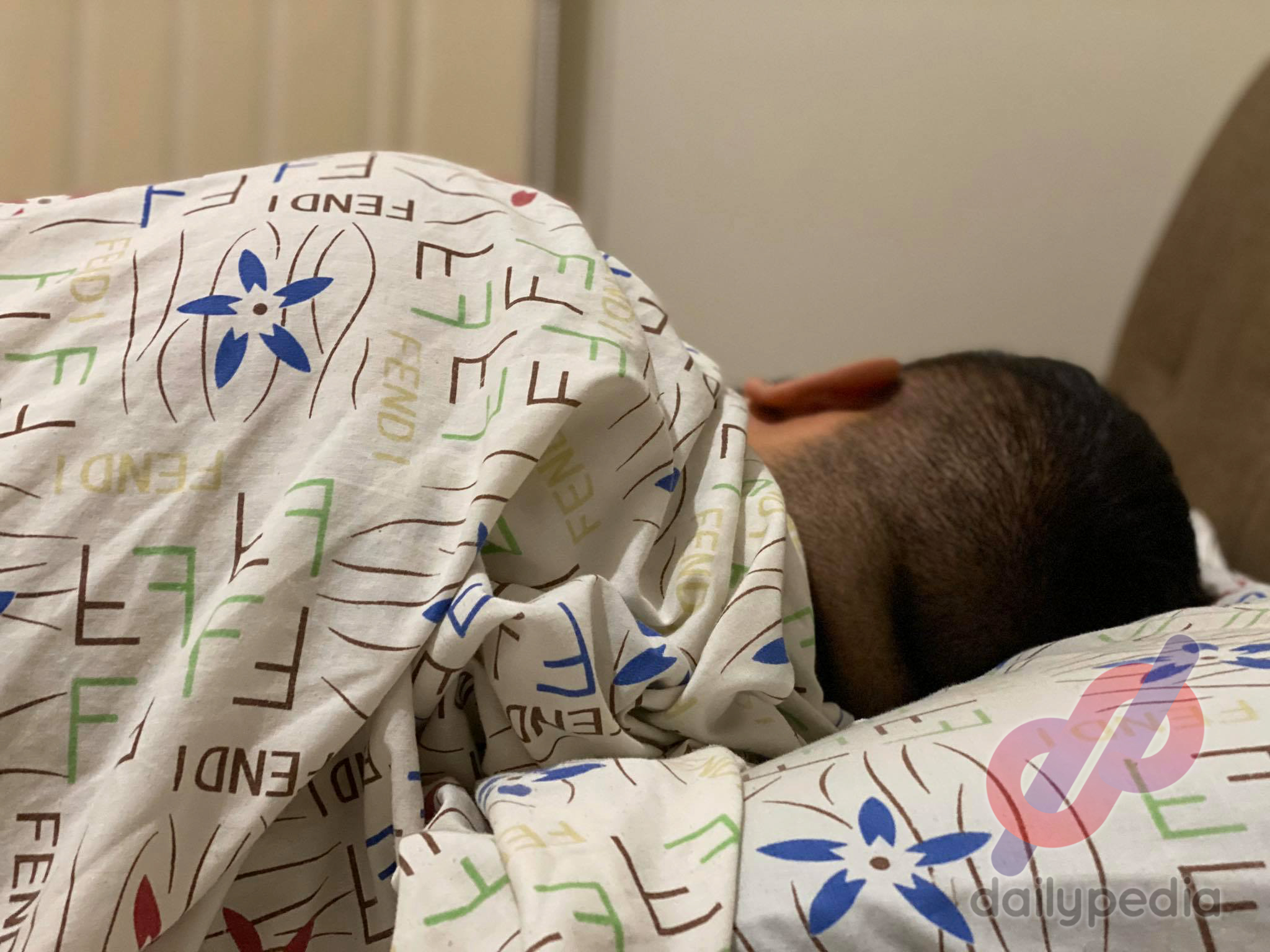A study spanning 37 years has indicated that individuals who tend to stay up late are not more prone to premature death compared to early risers, as long as they abstain from excessive drinking and smoking.

Previous research has linked night owls, who struggle to wake up in the morning and prefer staying awake later at night, with a higher likelihood of encountering various health issues.
A significant study conducted in the United Kingdom in 2018 revealed that evening people had a 10 percent elevated risk of mortality over a 6.5-year duration in comparison to morning people.
Nonetheless, this prior study failed to consider potential contributing factors, such as alcohol consumption, that could explain the observed deaths.
Researchers in Finland undertook a study published in the reputable journal Chronobiology International.
The investigation tracked almost 24,000 same-sex twins in Finland who were surveyed in 1981 to determine whether they identified as morning or evening people.
Approximately a third of the participants identified as somewhat evening individuals, while 10 percent unequivocally classified themselves as such.
The remaining individuals were characterized as morning people.
Interestingly, the evening-oriented participants tended to be younger and displayed higher rates of alcohol consumption and smoking.
By the time the researchers conducted a follow-up in 2018, over 8,700 twins had passed away.
Throughout the 37-year duration, the researchers found that those definitively classified as night owls faced a nine percent higher risk of mortality from all causes, aligning with the outcomes of the 2018 study.
However, the study noted that this difference was primarily attributed to the participants’ smoking and alcohol habits.
The research demonstrated that non-smoker night owls who were light drinkers did not exhibit an increased likelihood of premature death compared to morning individuals.
These findings suggest that the potential negative health effects associated with staying up late may be mitigated if individuals refrain from excessive drinking and smoking.
According to Christer Hublin, the lead author of the study from the Finnish Institute of Occupational Health, the findings indicate that night owls have the opportunity to take action in order to reduce their chances of premature mortality.
“Clearly evening people should critically think about the amount of alcohol and tobacco they are using,” he said.
According to Hublin, the chronotype or the preferred sleep timing of individuals has ‘little or no’ impact on their mortality, independent of other factors.
Jeevan Fernando, a chronotype researcher from Cambridge University who was not involved in the study, acknowledged the validity of the findings but pointed out certain limitations in the research.
Fernando expressed dissatisfaction with the fact that participants in the study self-identified as morning or evening people, as it lacked objective information compared to more modern assessment methods.
He also highlighted that the study did not consider drugs other than alcohol and tobacco, noting that substances like cocaine have been linked to individuals transitioning from early to late risers.
In previous research led by Fernando, it was found that night owls tend to experience poorer mental health, particularly higher levels of anxiety, and that drug use could exacerbate these issues.


